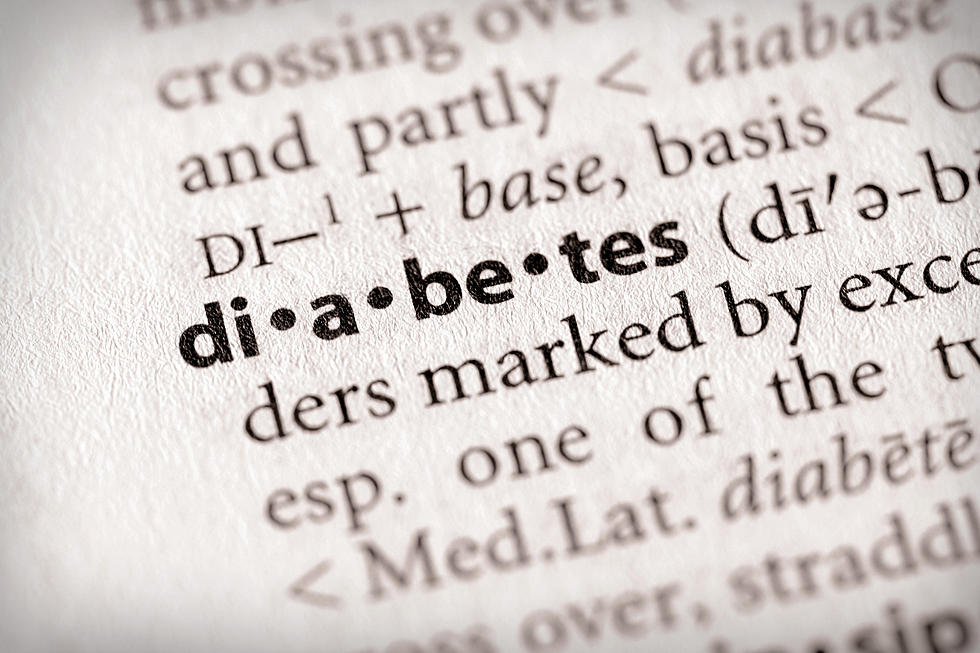![Diabetes Rates Continue to Rise in NJ [AUDIO]](http://townsquare.media/site/385/files/2013/11/169351883.jpg?w=980&q=75)
Diabetes Rates Continue to Rise in NJ [AUDIO]
NEW JERSEY 101.5
Diabetes continues to be a global problem but for the last decade, the numbers have skyrocketed.
According to a recent study from the International Diabetes Federation, a total of 382 million people in the world, suffer from type 2 diabetes. It's the kind that's directly linked to obesity, a lack of exercise and unhealthy habits. By the year 2035, the numbers are expected to reach 592 million or more.
In New Jersey, almost one million suffer from it.
Although the numbers are high, the New Jersey branch of The American Diabetes Association feels if people take action, even small steps, the totals will eventually decrease. "We have been working on awareness for a number of years now. There is plenty of research coming out of our office that shows even small dietary changes and changes in exercise habits, people can stave off any trouble," said Jillian Prior, a development manager at The American Diabetes Association's New Jersey office.
High risk groups for type 2 diabetes include the overweight or obese, those who smoke, those who drink, those who eat a diet high in cholesterol and saturated fats and those with a family history.
"There has been tremendous progress over the years in knowing why it affects some groups more than others. If you feel like you are at risk, a talk with your doctor would be your best first step," said Prior.
Aside from those unhealthy individuals, diabetes is one of the most serious health problems of the African American, Hispanic/Latino and Native American communities as well as senior citizens. To address this growing epidemic, the office has several thriving programs geared to serve at risk populations.
"There is help out there for those who need a little guidance," said Prior.
The group recommends that all individuals get a yearly glucose test done, with those in high risk groups getting it done more frequently.
Want to know what your risk is? Take a risk test here.
More From New Jersey 101.5 FM









